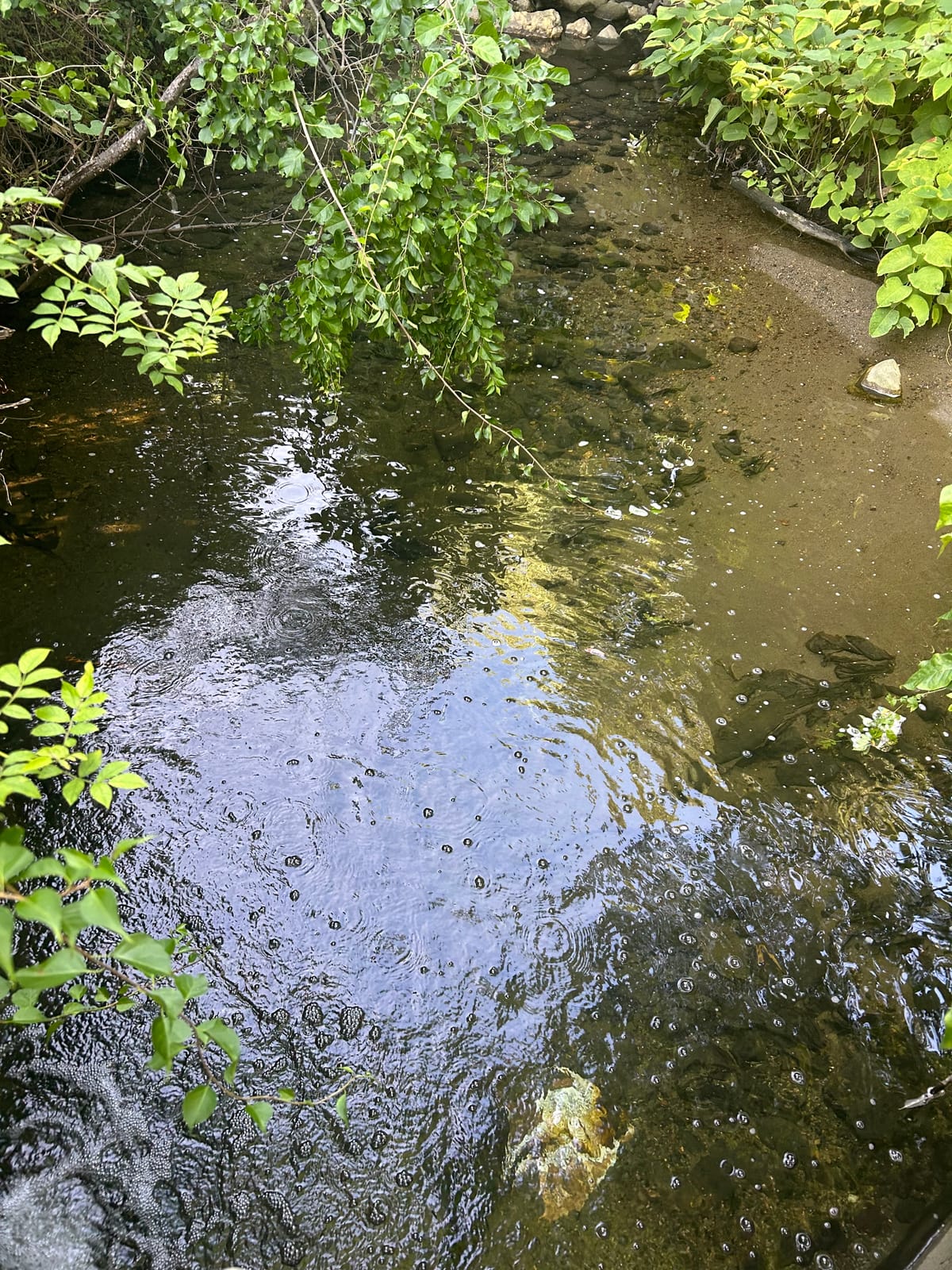Narrowly Defeated Stormwater Bylaw to Return to Town Meeting
The Conservation Commission is bringing back an attempt to peel a set of regulations off the current stormwater bylaw.

Burlington's Conservation Commission is taking another shot at introducing a revised stormwater bylaw at September's Town Meeting. This comes after the proposal lost by one vote in May.
The plan would split the current bylaw, which has been in effect since 2006, into two parts: a shorter bylaw and more detailed regulations. Larry Cohen, who chairs the Burlington Conservation Commission, presented these changes to the Select Board on August 11 along with an explanation of why they are bringing the bylaw back despite its defeat at the most recent Town Meeting.
Cohen says the Commission is addressing two main concerns raised by Town Meeting Members, clarifying the division between the two documents and the process for public oversight. "At Town Meeting we will answer these concerns and provide greater clarity over what is being put into regulations versus what is being kept in the bylaw," said Cohen. "With that additional information, we are hoping for a positive vote."
The bylaw framework defines permit requirements and fees, among other items. The regulations will contain technical details related to stormwater management and erosion control plans, operation and maintenance plans, and more – details which are subject to change with changing state laws and environmental conditions. Moving them out of the bylaw will make adjustments in responses to such changes easier and will also facilitate updates to correct errors and omissions in the documents without having to go to Town Meeting.
A provision for stakeholder outreach prior to regulation changes was moved from the regulations to the proposed bylaw and creates a formal subcommittee to review proposed regulation changes before public hearings.
The change will also bring the Conservation Commission's bylaws and regulations in line with other town boards and commissions, said Cohen. Addressing concerns that a Conservation Commission could become too powerful, Cohen said, "That's not possible," reinforcing that the bylaw restricts what can be placed in the regulations and is the ultimate authority in the case of a conflict.
Vice-Chair Bill Boivin added that, in contrast with last time, the regulations have already been approved by the Conservation Commission, so there won't be a "gap" when the bylaw is reduced and no regulations are in place.
The Select Board voted in favor of this bylaw prior to May Town Meeting, and members said they'd do the same this time around.





